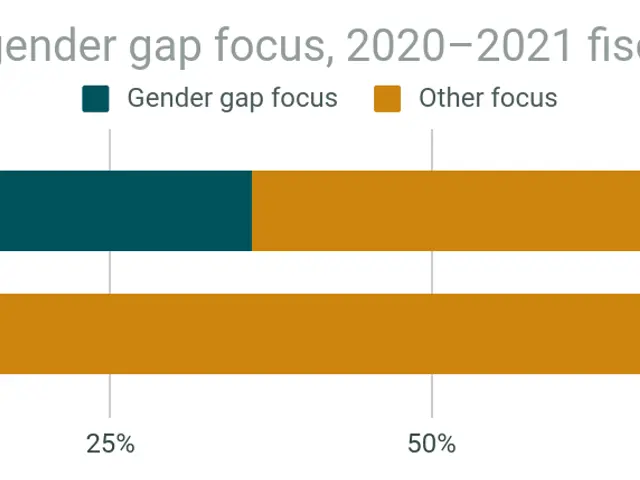Expenses for Long Island Casino Surge to a staggering $7.6 billion
May 23, 2025: Budget Estimate for Nassau Coliseum Casino Hotel Increases Dramatically
In a recent development, a final environmental impact study (FEIS) has estimated that a potential casino hotel on the property currently occupied by Nassau Coliseum could cost as much as $7.6 billion, nearly double the previous $4 billion estimate made by Las Vegas Sands. The increased cost may have played a role in Sands' decision to withdraw from the New York City casino competition in April, citing potential threats from iGaming.
The FEIS accounts for various factors, such as construction and labor costs, infrastructure investments, and financing for building. Additionally, it includes the $1 million Sands or another applicant would pay to New York regulators to participate in the downstate bidding process, as well as the $500 million that would be paid to the state if a license was granted.
Some speculate that cash-strapped New York might raise the $500 million fee to $1 billion, considering the likelihood of gaming companies to seize the opportunity to operate casinos in the most populous US metropolitan area.
Nassau County Legislature voted 19-0 earlier this week in favor of releasing the FEIS results, prompting concerns from civic groups who view the decision as continuation of a pattern that disregards the concerns of Nassau County residents. The Say No to the Casino Civic Association criticized the move, citing the legislature's disregard for residents' interests.
Hofstra University, along with other groups, has long opposed the Long Island casino plan. However, it is unclear whether these objections influenced Sands' decision to withdraw its bid. Nevertheless, opposition has been cited as a factor in other gaming companies leaving the New York casino race.
Since announcing its withdrawal, Las Vegas Sands has expressed interest in finding a third party with experience in both land-based and digital markets to potentially take over its obligations in Nassau County. Reports have suggested that the company has been in talks with other parties, but no announcements have been made regarding a possible successor.
Nassau County Executive Bruce Blakeman has reportedly received calls from interested parties outside the U.S., including Albania and China. However, no developments have been reported since these conversations. The county is reviewing plans and will make a decision within the next month on whether to pursue a casino component or develop the site without one, despite the lack of concrete negotiations with specific companies.
"This action (the FEIS vote) represents a blatant and irresponsible move to push the casino project forward and circumvent the fact that no one has shown any interest or ability to step up and take over from Las Vegas Sands," stated The Say No To The Casino group, questioning the county's commitment to an inclusive and transparent process.
As the search for a new operator continues, the community remains divided on the casino proposal.
- The potential mid-atlantic casino hotel on the Nassau Coliseum property, which could cost up to $7.6 billion, has prompted concerns from civic groups, who view the recent environmental impact study results as a disregard for the concerns of Nassau County residents.
- The increased cost of the Nassau Coliseum casino hotel project may have influenced Las Vegas Sands' decision to withdraw from the New York City casino competition, citing potential threats from iGaming and the possible risef in regional news regarding the $500 million fee potentially raising to $1 billion.
- Amidst the search for a new operator, commercial gaming companies are interested in the opportunities to operate casinos in the most populous US metropolitan area, despite ongoing opposition from civic groups and businesses such as Hofstra University.
- As the financial implications of the casino-and-gambling project in Nassau County continue to unfold, researchers and business analysts are closely monitoring the situation for potential impacts on the regional news and finance landscape, and the long-term effects on the environment and local businesses.







